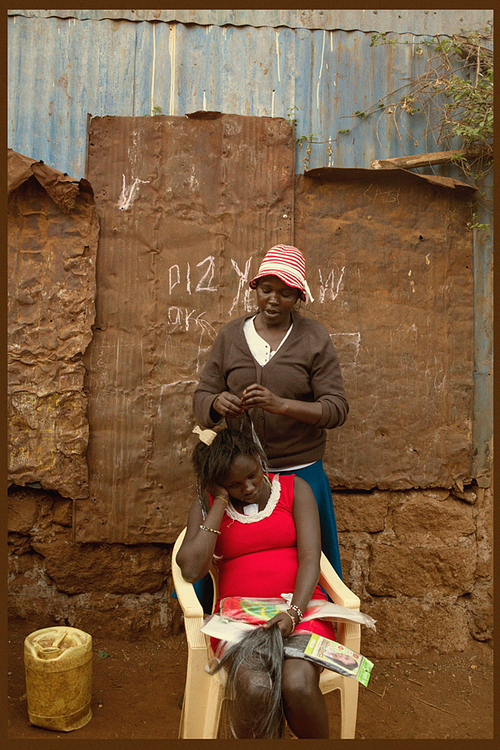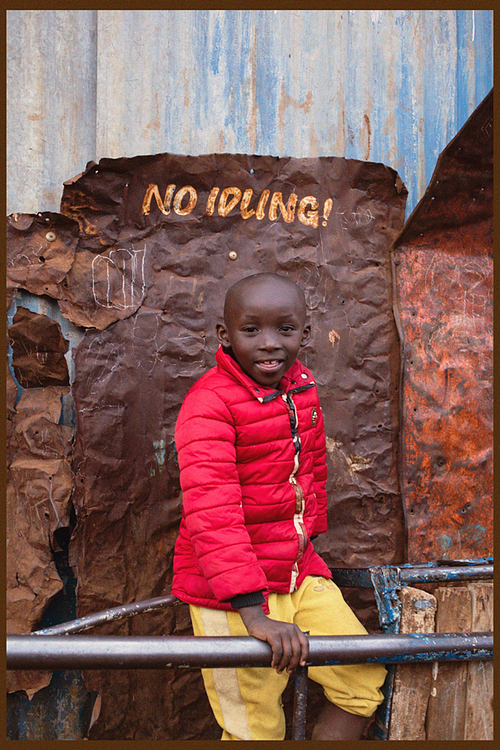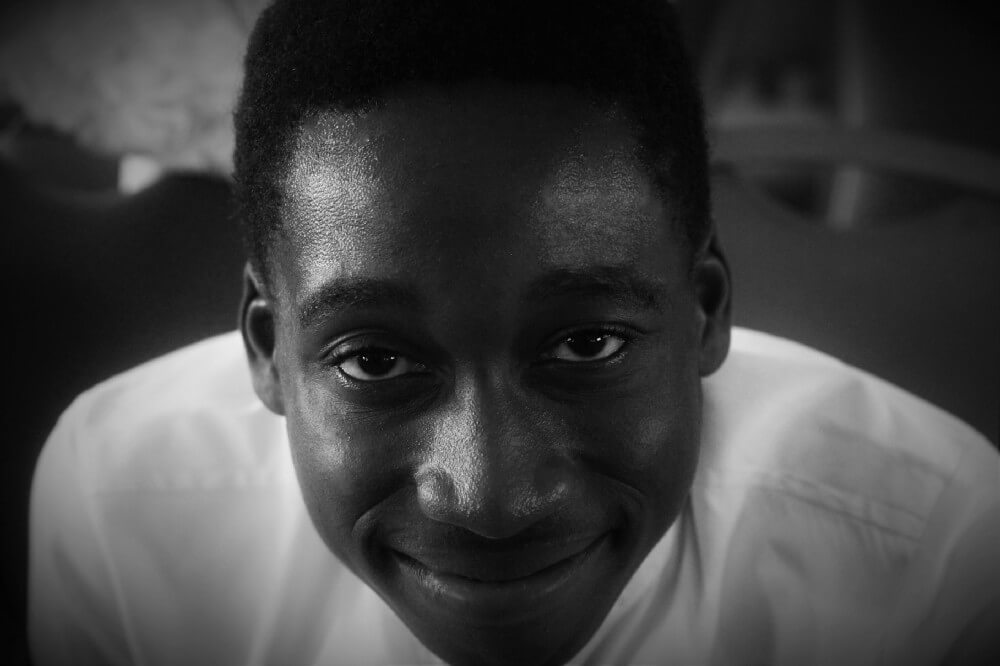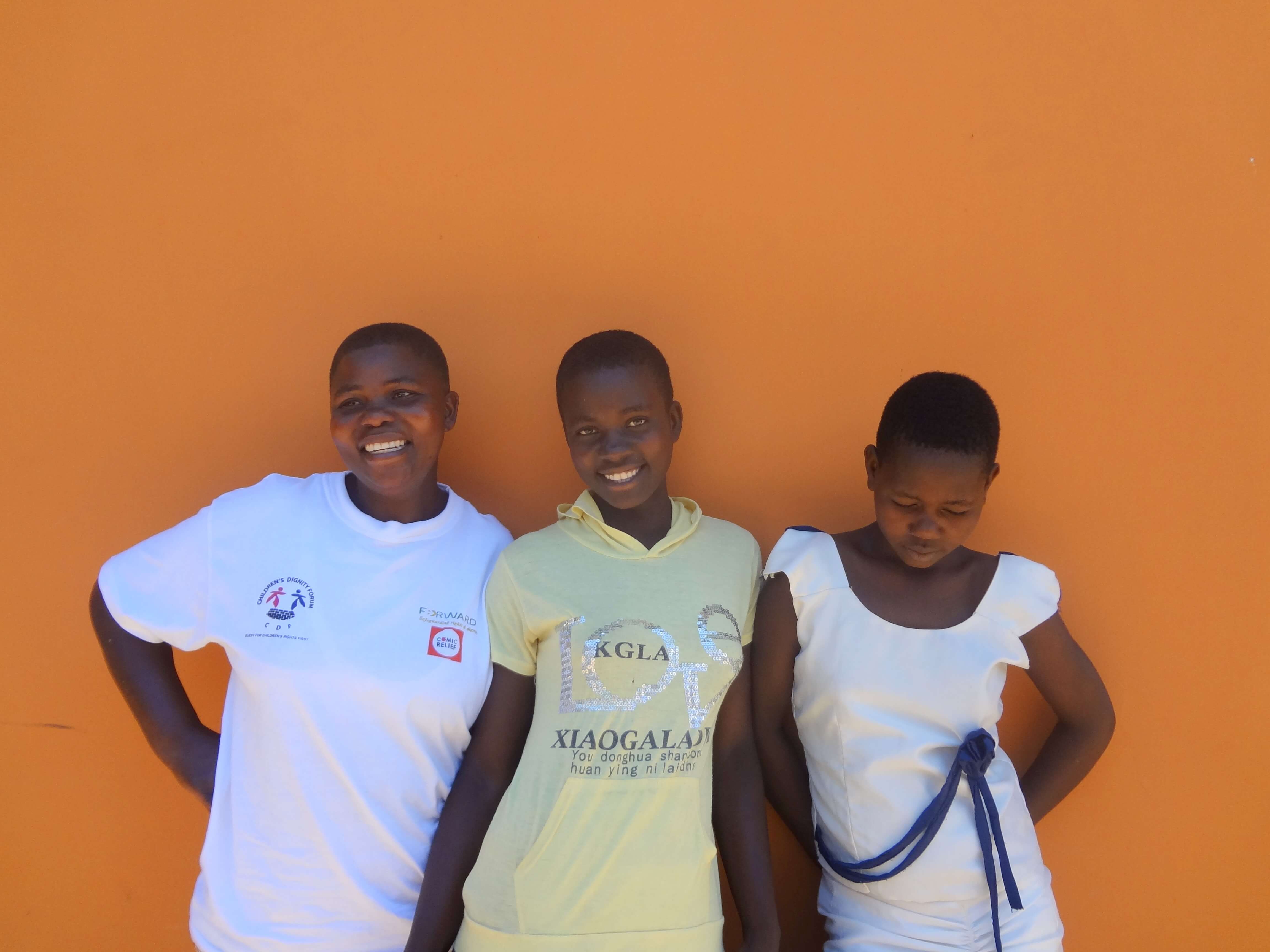…Common Sense!
This blog post was written by Cynthia Sitei, from TuWezeshe Akina Dada Wales partner, Sub-Sahara Advisory Panel (SSAP)
I’m trying to break African stereotypes around the victims and survivors of sexual violence.
Through my project, “The Sea Embraces the Sky” I am advocating for recognition of the need and importance of providing sexuality education to the African child.
I recently had a conversation about common sense with my grandfather who is a professor of Philosophy and Ethics. This is what came of it.
Professor Ngure calls it, ‘The tip of the iceberg model’. He explained: Often times, we are looking at things in a certain fashion… “why did she… why did she wear that, why did she talk like that to him, why was she hanging out late at night alone, why was she wearing that, why didn’t she scream, why didn’t she tell anyone, why didn’t she, why was she, why didn’t she, why was she” — and there is an explanation; if we remove this explanation, then this person is guilty. So, I’m saying the truth itself is contingent on what the circumstances were.

Look at it this way…
Culture is a standard. And if something becomes a standard then everybody is following that standard, then it becomes common that everybody knows that this is how things are done. So, if a girl is walking outside and she is wearing a very short dress and is in a very conservative catholic place, they see her as indecent. This is because they have created this culture or standard which does not allow for girls to wear short dresses. So, if you claim that where you are from, your dress can be above the knees, they will tell you that you are not using common sense because that which is common to all members of this society, is the standard which you are now disobeying and therefore, there is something really wrong with you.
If we call something common sense, we are assuming that, everyone in this society understands and subscribes to these ideas. So, if you question that standard, you can expect to be ridiculed, “Come on, that’s just common sense, why are you asking?” The problem arises when with the system which helps people to function is wrong. In most cases, we view society’s standards as definite — the end of the issue — but they are not really solutions, they work more like a stop gap. The reason for this is that humans invent solutions which in turn introduce new challenges.
So when societies determine their cultural standards — which consist of a diverse range of accepted wisdoms, it has the effect of enabling them to feel clear about how things must be done… which is good in a sense, but by the same token this process undermines other, less common accepted wisdoms — other “common senses”.
We think that currently existing systems that have been used for years and years cannot be questioned. They are seen to have weathered the test of time and been proven to be true. My argument is this: as new circumstances come into existence, the usefulness of systems change with them, and so our judgement must evolve as we try to understand the new context.

The government of Kenya does not allow for students to be fully taught sex education. They claim that the curriculum is more destructive than Boko Haram or Al-Shabaab and that it’s a product of a Western culture which would bring with it that which is not accepted in African society. If we don’t educate our children about sex, about protecting their well-being and prepare them for healthy relationships then… Story Time.
There is a village called Narolong which is somewhere in Trans-Mara, along the border of Kenya and Tanzania. Men for Gender Equality is an organisation which educates men and boys on issues around sexual and gender-based violence. During a sex education class with a group of 17–18 year old boys, they spoke of how their culture decreed that a girl or a woman should never deny a man sex. Paradoxically, while agreeing with their cultural norms of women not having the right to refuse their partner’s sexual advances, the boys in this village agreed that rape was wrong. So, a question arose — how would they react if their girlfriends refused to sleep with them? The boys responded, “You know, our culture says that I should not be denied, so if I ask for it ‘well’ and she denies me, then I can go ahead and take it by force” Another question arose, “So, is that not rape?” “Yes, but…she is the one who made me do it.”
There is a need to delve much deeper into our “common sense”. Children are exposed to sex, some are sexually active, either with each other, or with adults. Therefore, if it’s to be done, sex education must be done right and without limitations. So that boys and girls from Naralong and many more, know the difference!


